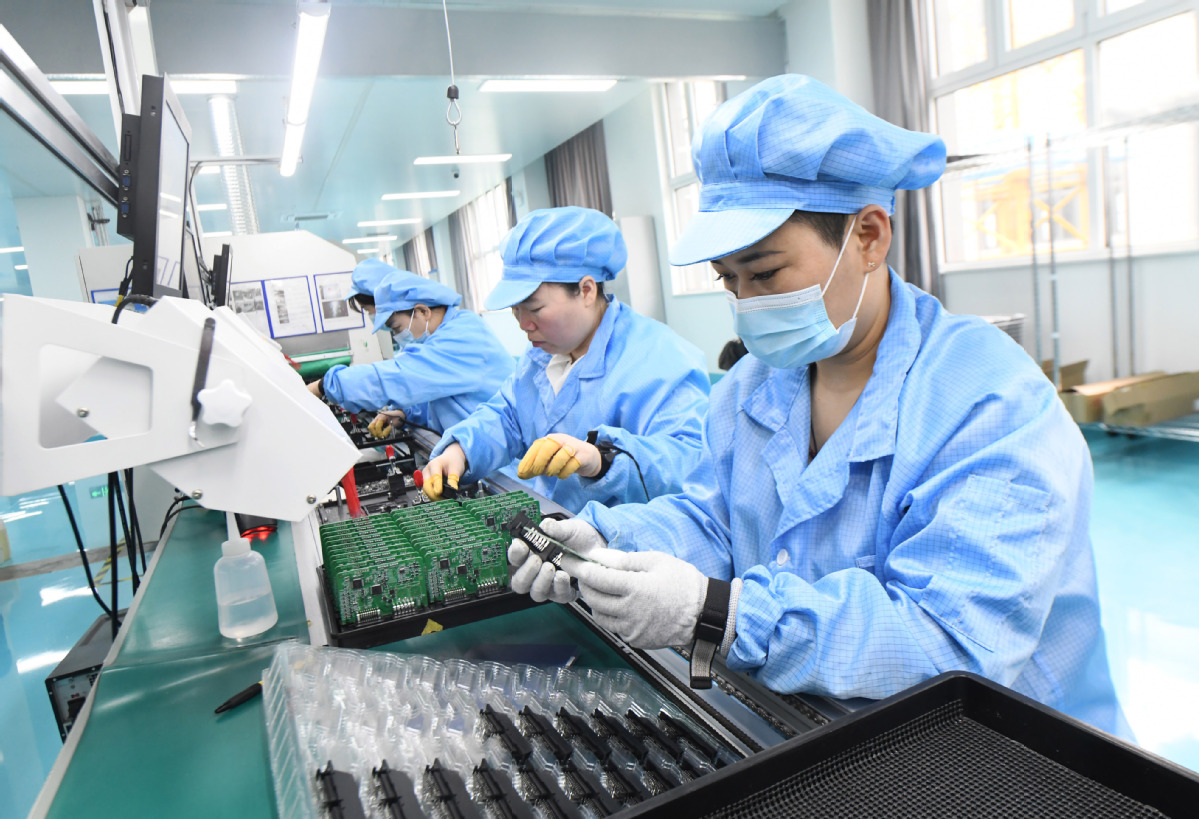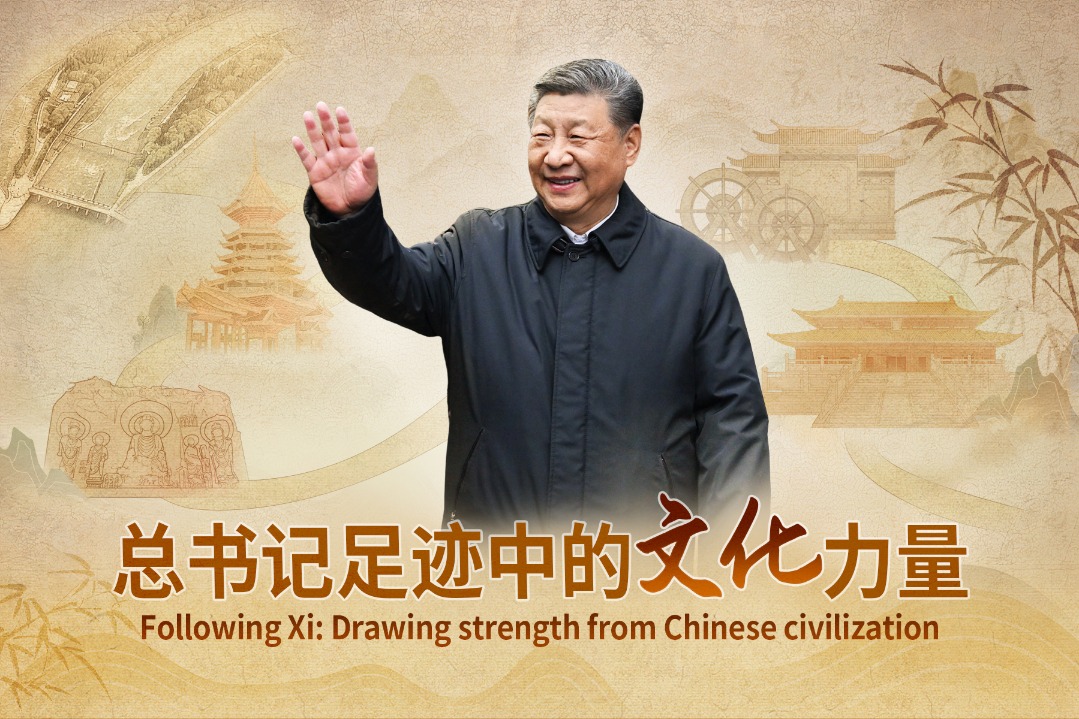Sharing developmental opportunities with global community
Canton Fair's success shows China's trade is good for other countries' industrialization


Arashi Vision Inc, a Shenzhen, Guangdong province-based consumer electronics manufacturer, said its virtual reality and spherical video cameras have been sold to over 200 countries and regions, covering more than 3,000 stores, and its global market share now exceeds 50 percent.
"At present, about 70 percent of our market share is derived from international sales, predominantly in regions and countries like Europe, North America, Japan and South Korea. Additionally, we have noticed our sales rising in several emerging Southeast Asian markets in recent years," said Chen Yongqiang, one of the company's co-founders.
China's trade with Latin America and the five Central Asian countries has achieved double-digit growth in the first quarter, while its trade with developed economies such as the United States and Japan has shown a positive recovery, with the decline in the first-quarter imports and exports narrowing by 5.9 percentage points and 1.2 percentage points, respectively, compared to 2023, according to Customs data.
Accounting for 47.4 percent of China's total foreign trade value in the first quarter, the nation's trade with economies participating in the BRI rose 5.5 percent year-on-year to 4.82 trillion yuan.
While external demand recovery is still in progress, Zhang highlighted that China's foreign trade continues to show strength in certain sectors. For example, a surge in shipbuilding orders has boosted electromechanical exports, and the expansion of cross-border e-commerce has helped more brands to go global.
Amid significant changes in the global landscape and numerous formidable challenges to worldwide economic development, Chinese companies are focusing on developing and exporting products that are technologically sophisticated, eco-friendly and have high added value, supporting the country's efforts to enhance its trade mix, said Lin Jiantian, director of department of enterprise management and audit-based control at the GAC.
Echoing that sentiment, Huo Lei, president of the international business unit at China Railway Engineering Equipment Group Co Ltd, a Zhengzhou, Henan province-headquartered tunnel boring machine or TBM manufacturer, said that in the first quarter, the company achieved a milestone by selling a TBM to Saudi Arabia for the first time. This follows the company's history of shipping TBMs to over 30 countries and regions since 2012.
The State-owned enterprise has scheduled production from January to December this year, with over 30 units already designated for export. This represents a notable rise in monthly export volumes compared to previous years.
TBMs are used to excavate tunnels, subway tubes and sewer lines. Compared with traditional tunnel-boring methods like rock drilling, blasting and hand mining in soil, the use of such equipment can minimize the impact on the surrounding ground and produce a smooth tunnel wall, helping certain tunnel projects run through unstable geological conditions.
"As a product widely used in construction, Chinese-made TBMs are continually enhanced through rigorous field use. Thanks to advances in the nation's industrial modernization, the quality of these machines has significantly improved," he said, adding Chinese TBMs command nearly 70 percent of the global market share now.
China is targeting around 5 percent GDP growth for 2024, a goal that officials and analysts believe is well within reach, considering the country's sound economic fundamentals and supportive macroeconomic policy mix.
Xu Hongcai, deputy director of the China Association of Policy Science's Economic Policy Committee, said that expanding intermediate goods trade can also be a priority for maintaining the stability of China's foreign trade.
By providing reliable and high-quality intermediate goods, China can support the development and expansion of manufacturing industries in countries like Vietnam, Thailand, Mexico, Hungary and Algeria, fostering their economic growth and ultimately contributing to global economic recovery, said Xu.
"Decoupling from China is not a viable option for the world, and China will not decouple from the global community. That is the reality," said Lin Meng, director of the Modern Supply Chain Research Institute at the Beijing-based Chinese Academy of International Trade and Economic Cooperation.
Lin said that the US and the European Union need to recognize this instead of obstructing exchanges and development with unfair trade restrictions.
Contact the writers at zhongnan@chinadaily.com.cn
























